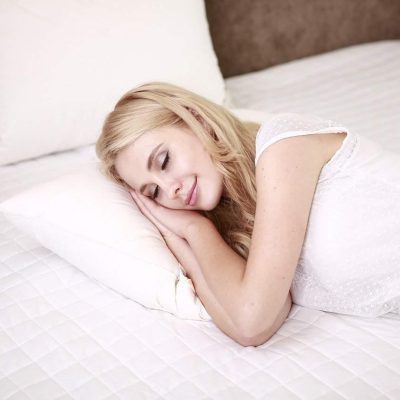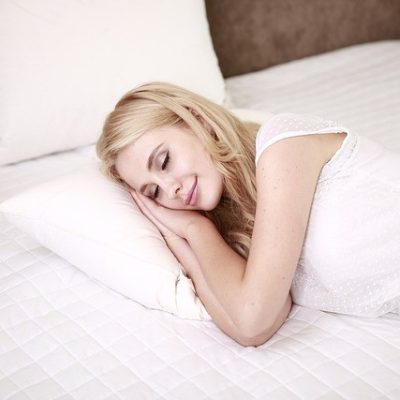A continuous positive air pressure (CPAP) machine is a lifesaver for patients who suffer from sleep apnea. All night, CPAPs force air through the airway, preventing apnea episodes in which breathing stops. The CPAP face mask, on the other hand, can cause irritation, which can be particularly severe in patients with sensitive skin. Redness, sores, pimples, blisters, and rashes can be painful as well as irritating. Here are some tips to help you cope with the discomfort of using a CPAP sleep mask.
Table of Contents
ToggleIs it time to replace your CPAP mask?
If you detect any of the following indicators, it’s time to replace your CPAP sleep mask:
- Dryness
- Stiffness
- Cracking
- The worn-out cushion
- Discoloration (yellowing) or other blemishes
- Excessive leaking, or more than usual
Are You Wearing The Incorrect Mask?
CPAP masks aren’t for everyone. There are numerous manufacturers, each of which produces at least a few different models. A full mask that covers the nose and mouth is the most common type of CPAP mask, and you most certainly have one. That is, however, far from the only choice. A CPAP mask that merely fits under your nose is also available. If you have inflammation around your mouth, this is an excellent choice. Another alternative is to obtain a mask that goes all the way around the face, which distributes the mask’s pressure more evenly.
How Well Does Your CPAP Mask Fit?
Masks that don’t fit properly are a major source of irritation issues with CPAP masks. Masks that are either too big or too tiny might cause problems, so be sure yours is the right size before you use it.
Rubbing for eight hours, no matter how gentle, will irritate your skin. If your mask is overly tight, it will irritate your skin by pressing against it and trapping the sweat and oil it produces.
Once you’ve found the right size, you can fine-tune it by adjusting the straps. The straps are usually designed to accommodate most adults, however they may be too short in some circumstances to be comfortable. You may be able to order a custom-sized strap to match your CPAP sleep mask in these cases.
Begin by playing around with your mask. If it’s too tight, loosen it up for a week and see if it helps. Try going a little tighter if it slips around on your face and doesn’t stay in place. With a little trial and error, you might be able to solve your mask problem.
Think About CPAP Mask Hygiene
Oils on your skin could be one factor causing the cushion to slide. Wash your face every night before putting on your CPAP mask to help avoid this from occuring. Applying lotion to your face can have the same effect as having oily skin, causing chaffing as the cushion moves around. A CPAP sleep mask’s fit might be affected by facial hair. If your mask does not fit properly because you have a beard or moustache, consider cutting or removing your facial hair.
You should also clean your mask and headgear on a regular basis. Unclean masks can harbour bacteria and other microbes, which can lead to acne and other irritations. Use soft soap and warm water to clean your CPAP mask, or wipes created exclusively for CPAP masks. When cleaning your CPAP sleep mask, avoid using alcohol, bleach, vinegar, or professional cleaners, as they can dry out the materials. Clean your mask on a daily basis and your headpiece once a week at the very least. Using a humidifier with your CPAP machine will assist prevent drying even more. If you use a humidifier and still wake up with a dry mouth or throat, your CPAP humidifier may need to be adjusted to a higher setting.
How do you treat irritated skin from a CPAP mask?
For optimal results, clean your CPAP mask with either a mild soap and water solution or a CPAP mask cleaning solution. Applying a CPAP moisture therapy cream to the affected area can provide instant relief by reducing chafing, inflammation, dryness, and cracking.
Why does my CPAP mask irritate my skin?
The cushion between the mask and the face moving about during sleep is one source of irritation. Oils on your skin could be one factor causing the cushion to slide. Wash your face every night before putting on your CPAP mask to help avoid this from occuring.
How do I get rid of CPAP rash?
Barrier creams can assist with rashes, especially if your mask’s liner isn’t quite right. A nasal pad, a thick gel pad, can also be used. The pressure on the CPAP machine may need to be adjusted in some circumstances.
How do I stop my CPAP mask from irritating my nose?
Nasal lubricants can help to soothe and moisturize your nasal passages while you’re using your CPAP machine. Patients can enter the gel into their nose, providing moisture and reducing dryness, thanks to hypoallergenic products like Nasal Moisturizers.








